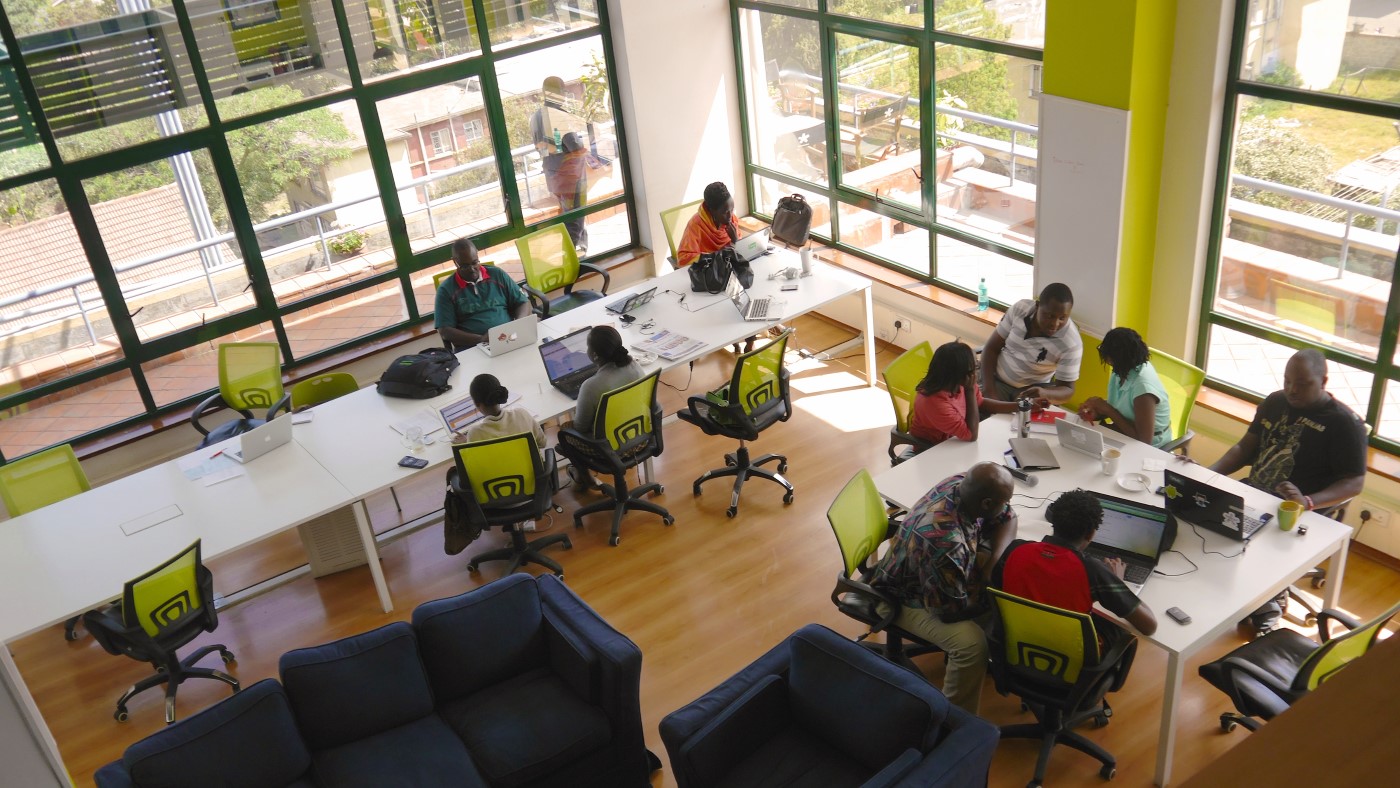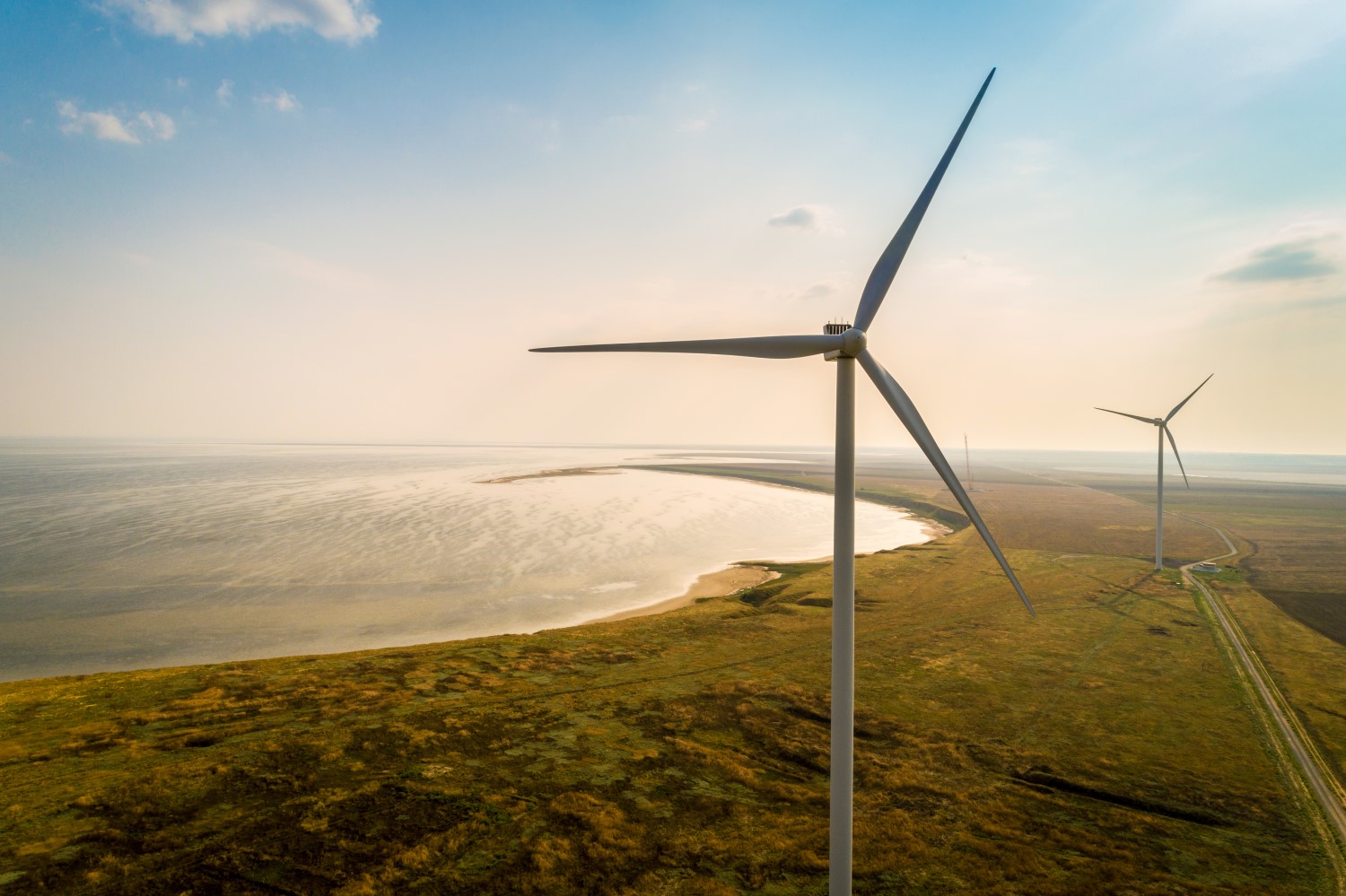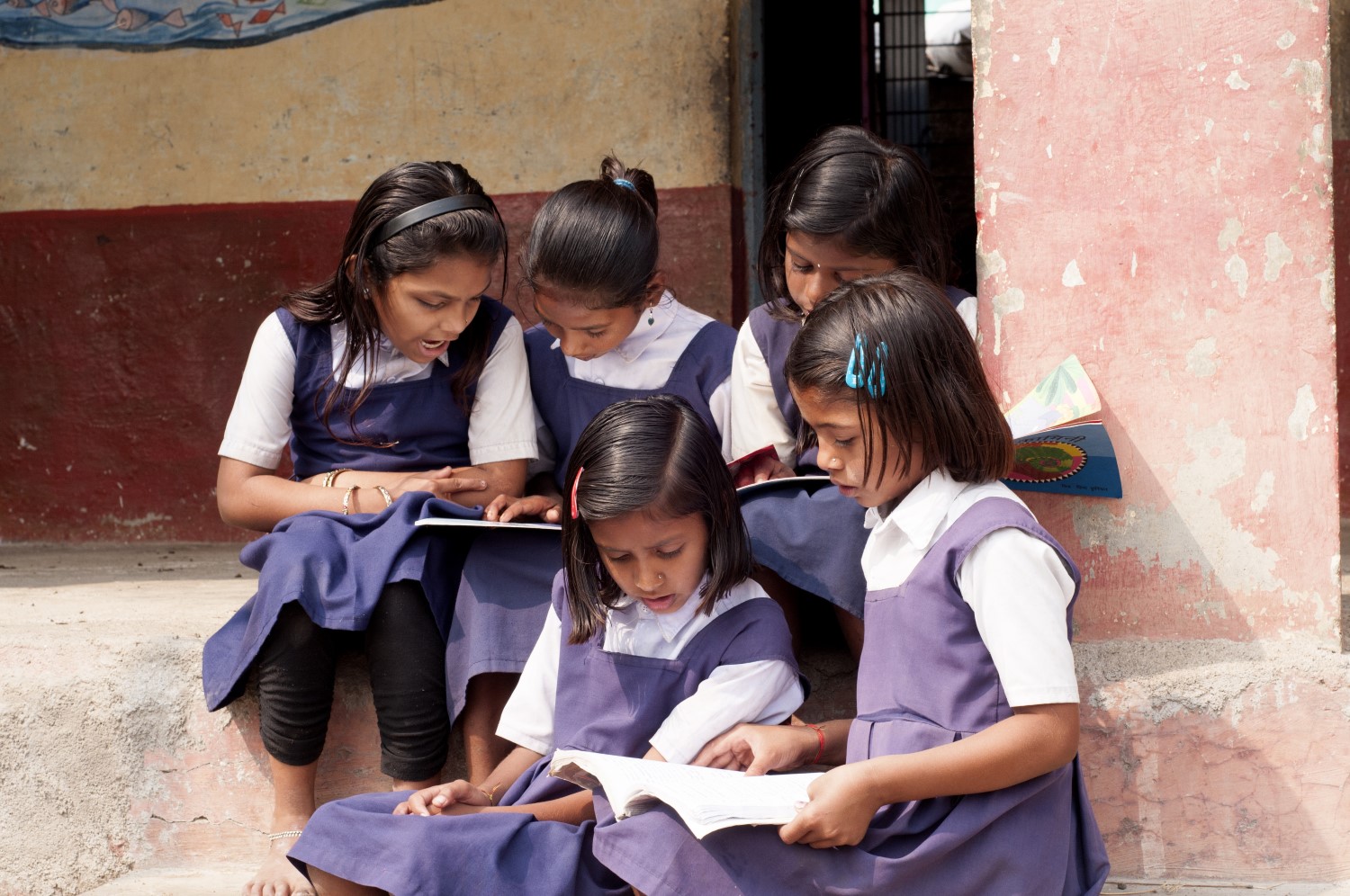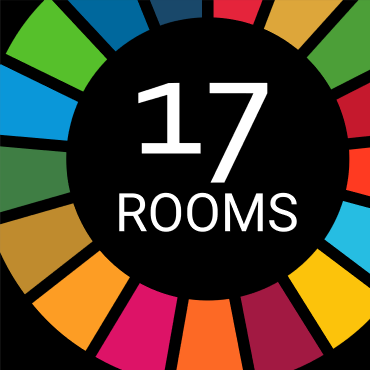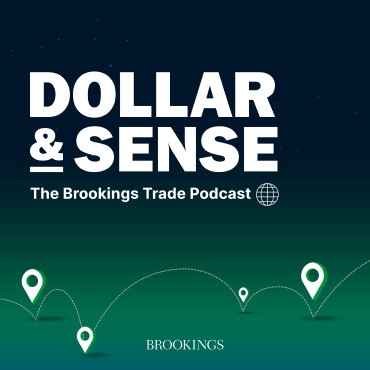2026
The global economy is on an unsustainable path characterized by widening economic and social inequities, environmental degradation, and increasing concentration of poverty and deprivation that threaten global peace and prosperity.
The Global Economy and Development program at Brookings generates actionable insights and tools that address shared economic and social challenges. We collaborate with local, national, and global policy actors and communities to achieve a more equitable, sustainable, and prosperous world for all.

March
042026
USMCA Forward 2026 launch
The Brookings Institution, Washington D.C.
Wednesday, 9:30 am - 12:00 pm EST
Latest work
2026
Online only
Thursday, 2:00 pm - 3:00 pm EDT

Robin Brooks
February 26, 2026

Landry Signé, Christopher Kirigua, Florizelle Liser
February 25, 2026
2026
The Brookings Institution, Washington D.C.
Wednesday, 9:30 am - 12:00 pm EST
Experts
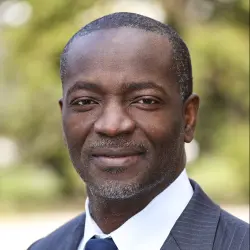



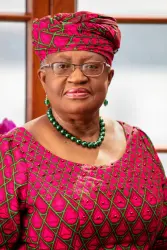

Listen
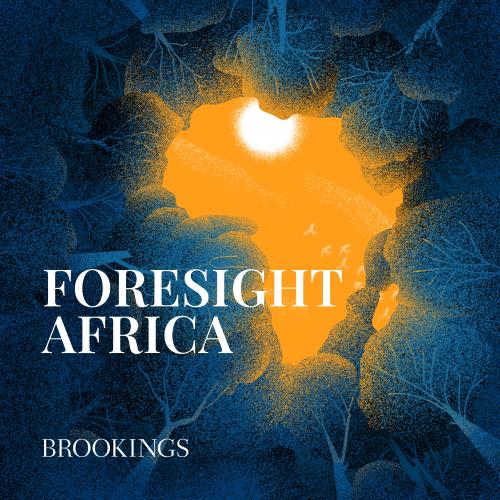
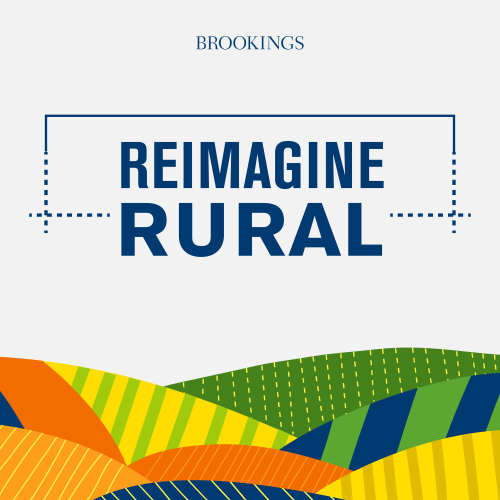
Reimagine Rural
32 Episodes 3 Seasons
Tony Pipa visits rural towns across America, listening as local people tell the story of how they are enacting positive change in their communities and learning how public investment in rural people and places can lead to increased and equitable prosperity.
The podcast is proud to have won an APEX Award in 2024 and 2025.

